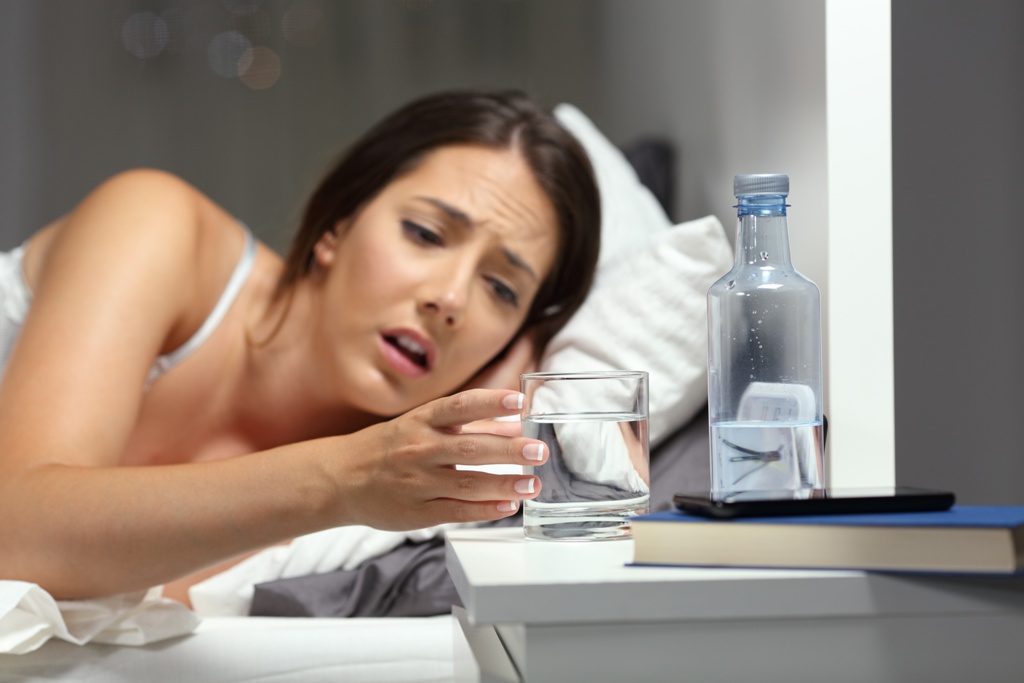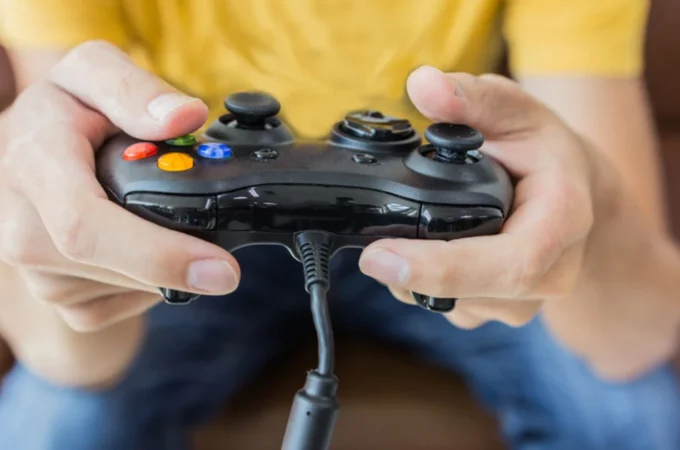
What Are The Common Causes Of Dehydration?
Dehydration occurs when your body doesn’t have as much water as it needs. When it happens, your body can’t do its job properly. Your cognitive function, mood, and energy levels will drop.
Although there are various triggers which can make you experience dehydration, some reasons are less noticeable. The most common cause of dehydration is not drinking enough water. You can also be dehydrated once your body loses too much fluid, which happens once you exercise, sweat, vomit, suffer from diarrhea, or develop a fever. Fortunately, there are many dehydration solutions you can consider, like DripDrop.
However, before you choose any dehydration treatment or solution, keep the following common causes of getting dehydrated in mind so you can easily recognize or avoid them:
-
Diabetes
People who have diabetes are at risk of getting dehydrated. When sugar levels in your blood are high, the body will get rid of the extra glucose by increasing urine output. Moreover, if you have diabetes and experience urination or thirst more often, consult your doctor about how you can deal with this health issue and control your blood sugar. If you experience excessive thirst and some symptoms of diabetes, you should schedule an appointment with your doctor immediately.
-
Workout
Most people usually think of post-workout dehydration as an issue reserved for endurance athletes, but every time you break a sweat, be it a quick jog or an hour-long spin class, you’re losing water in your body. Week after week, if you’re sweating more than you’re sipping, you can get dehydrated.
The best solution for this is to take note of your weight before and after your workout session. Then, for each pound you lost, drink at least 16 ounces of water. Drinking water won’t only keep you hydrated after a workout, but it can lubricate your joints and regulate your body temperature.
-
Aging
The ability of your body to conserve water and its sensation for thirst may reduce due to aging. It means that you can easily get dehydrated, but it’ll be much harder for you to tell when your fluids are low.
If you always forget to drink water throughout the day, try to set reminders using your phone. You can also keep a bottle or glass of water near you at all times and remember to take note of how much you’ve consumed.
-
Excessive Sweating
Once you sweat, you lose water. If you do vigorous activities and don’t replace fluids as you go along, you can be dehydrated. Humid and hot weather can increase the amount you sweat and the level of fluids you lose.
-
Diarrhea
It’s one of the common causes of dehydration and other related deaths. The big intestine absorbs water from the food you eat, and diarrhea prevents it from happening. Then, the body excretes too much water, which leads to dehydration.
-
Stress
When you’re always stressed out, your adrenal glands release a higher amount of stress hormones. Also, if you’re often under pressure, your adrenals will be exhausted, which can cause adrenal insufficiency. The issue is that the adrenals give rise to the production of the hormone aldosterone which is responsible for controlling electrolytes and other essential fluid levels inside your body.
It’s also important to keep in mind that the progression of the adrenal fatigue reduces the buildup of aldosterone in your body, which can result in lower electrolyte levels and trigger dehydration. Although boosting your fluid consumption can be an effective short-term solution, you should stay focused on having a real long-term solution and that’s to mediate your stressors.
-
Dietary Supplements
Although most dietary supplements are labeled as natural, it doesn’t mean that it won’t affect your bladder negatively. For instance, celery seed, watercress, dandelion, and parsley have been said to boost your urine output, which might result in dehydration.
If you’re planning to take dietary supplements or you’re already taking some, it’s a good idea to consult your physician or nutritionist first about the possible side effects.
-
Irritable Bowel Syndrome (IBS)
The symptoms of IBS, such as chronic diarrhea and nausea, can get you dehydrated. Moreover, several people who experience such conditions decide to do some elimination diets to get rid of the trigger foods. However, if such diets put an end to the consumption of any foods high in fluid content or fluids, they could further contribute to dehydration and other health conditions.
-
Drinking Alcohol
Did you know that even a short happy hour can deplete your body’s fluid levels? It’s because drinking can make you urinate frequently. Typically, alcohol obstructs an antidiuretic hormone from sending the fluids you consume into the body and delivers it to your bladder.
However, due to alcohol’s diuretic effect, the body cells shrink, which in turn, releases more water from your bladder. This lowers the hydration levels of the body.
-
Not Eating Enough Vegetables And Fruits
Filling a portion of your plate at every meal with produce means that you get to consume up to 2 extra glasses of water per day. This means that if you don’t eat enough fruits or vegetables and never compensate by drinking more water, you could suffer from the different signs of dehydration.

-
Low Carb Diets
Carbohydrates are basically stored in your body, along with fluids. That is the reason why you drop a few pounds of water weight once you remove carbs from your diet. This may look great on your scale, but it’s not good news in terms of keeping yourself hydrated.
To stay hydrated, eat whole carbs such as brown rice, oatmeal, and whole-grain pasta that can soak up water during the cooking process, which can boost your hydration levels.
How To Treat Dehydration?
You can treat dehydration by replenishing the body’s fluid level. This can be achieved by consuming clear fluids such as clear broths, water, ice pops, frozen water, or sports drinks. However, other dehydration patients will need intravenous fluids to rehydrate.
People who are dehydrated must also avoid drinks that contain caffeine, such as sodas, coffee, and tea.
Underlying conditions that cause dehydration must also be treated with the right medication. This may include available medications to buy online or over-the-counter medicines for fever, vomiting, and diarrhea. If you’re not sure which treatments work best for you, consult your doctor first.
Conclusion
When it comes to dehydration, prevention is an essential step. Drinking the recommended glasses of water daily and consuming plenty of foods with high water content must be enough for you to prevent dehydration. Just be cautious about doing activities during hot summer days and always make replenishing fluids a priority.




